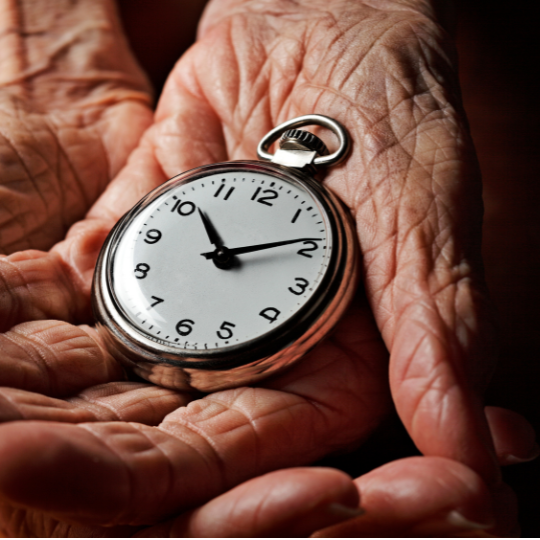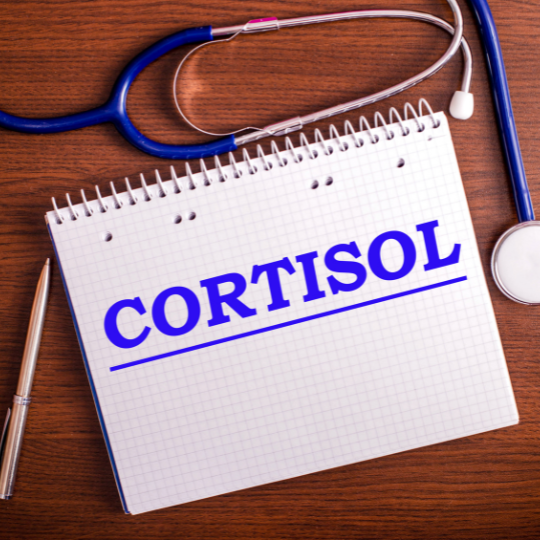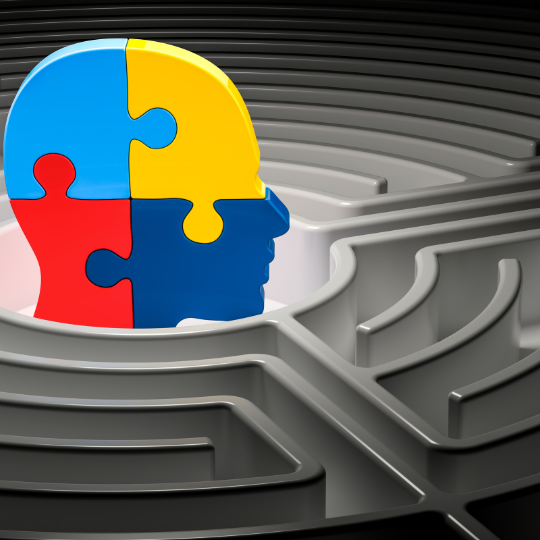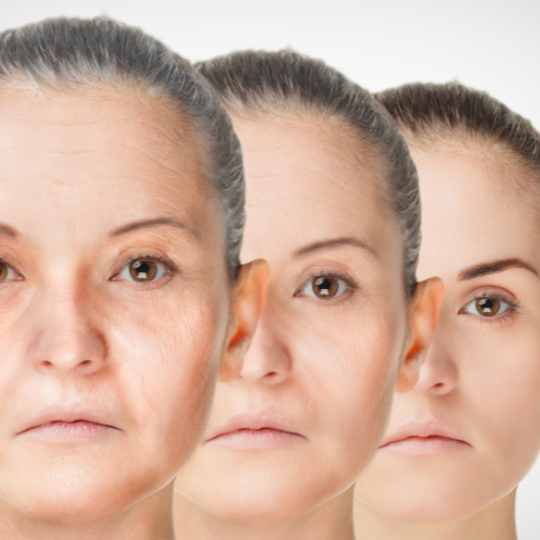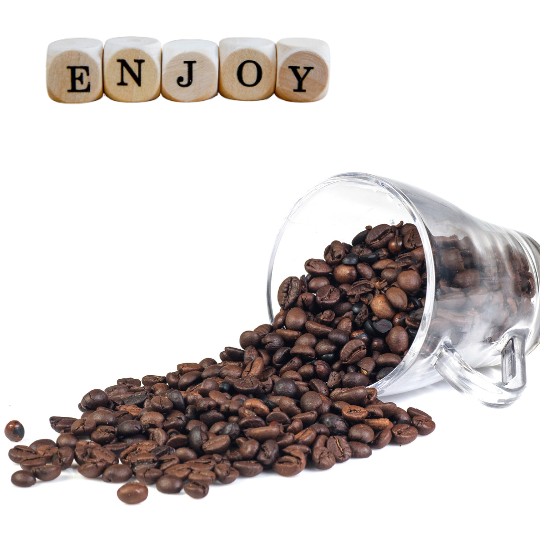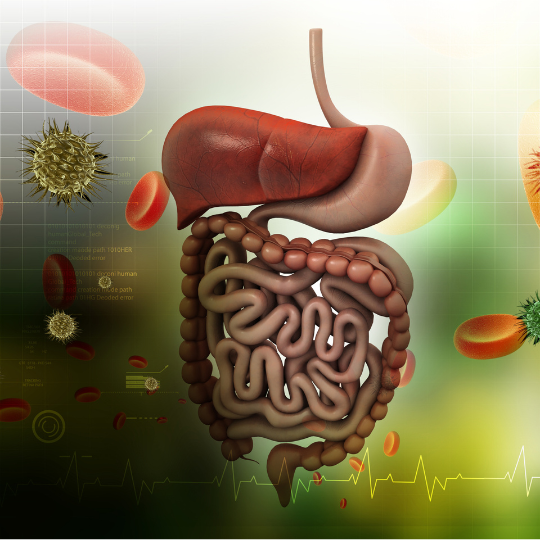Our subject
Depression is a common and serious mental health disorder that affects millions of people around the world. It is characterized by persistent feelings of sadness, hopelessness, and a lack of interest or pleasure in activities that were previously enjoyed. Depression can interfere with daily functioning, as for example by waking up earlier than needed without being able to fall asleep at night, or by experiencing a loss in appetite. Both of which are not very conducive to an ideal lifestyle.
Potential causes and underpinnings
There are many factors that can contribute to the development of depression, including social and environmental factors such as alcohol and drug abuse, or exposure to stress or trauma. But these factors need not trigger depression unless there are also other predispositions at play.
There is for example a link between depression and dysregulated cortisol release. In depression, the cortisol peak is shifted later in the day ( around 9 pm), whereas this should normally peak in the first few hours after one wakes up. Hence the usefulness of the circadian rhythm alignment interventions that can mitigate this predisposing factor.

There is also a link between depression and thyroid-mediated metabolism, as it has been observed that 20% of people with major depression are hypothyroidal (Hashimoto thyroiditis). A reduced metabolism triggers sluggishness and a consequent predisposition to enhance other depression inducing factors. This is why for example physical activity, as well as other techniques such as cold exposure and breathing techniques are so useful and we take them very seriously in phase 1 of our genetic and metabolic optimization approach.
Neurotransmitters are also usually off-balanced in depression, usually on the low end:
- lower norepinephrine is suspected to be related to reduced psycho-motor activities
- lower dopamine influences reduced states of motivation,
- whereas lower serotonin predisposes to anhedonia, and even cognitive & emotional grief.
Side note: this is where things get interesting, because a lot of people only look at depression through this angle which they so desperately try to influence with a host of chemical interventions, in many case unwarranted.
Another factor that has been found to be related to depression is the microbiome, the community of bacteria and other microorganisms that live in the body. This is also suspected to influence depression via:
- tryptophan metabolites that influence the serotonin pathway
- the immune system triggered inflammation in response to the microbiome’s effect in the brain-gut-microbiome axis,
- as well as other chemical signals, such as SCFAs (short chain fatty acids), D-amino acids and LPSs (lipopolysaccharides) among others.
This is perhaps the most complex depression related interdependence, but microbiome optimization is surely something we learn more and more about as days pass.
Genetics are trickier in depression because of the term’s broad definition and of the multitude of potential causes and underpinnings. Genes like AKT1, CAT, GRIN2A, IL6, NPY, SLC6A4 are just a few of the ones that seem fundamental in major depression for example. And these can interact in complex ways. However, taking them one by one and trying to influence them epigenetically is what our whole optimization approach is about. In any case, one should have an eye on these genes and a few others when addressing depression.
So what can be done?
On top of the behavioural tools mentioned throughout this article, there are also several supplements that have been shown to be helpful in the treatment of depression, including Omega-3 supplements, vitamin D, probiotics and even creatine. It is important to speak with a healthcare provider before starting any supplement regimen, as some supplements can interact with medications or have other potential side effects.
Plus you may want to get an assessment of possible causes for your depressive state, so you can target those more effectively. For example probiotics help from the microbiome angle. But what probiotic species do you need exactly and how much of each? We are not all the same and each approach should be customized to individual circumstances. Imagine that. Similarly, Omega-3 supplements are aimed at reducing inflammation, whereas vitamin D can influence hormonal pathways playing a role in some depressive individuals.
The ketogenic diet, a high-fat, low-carbohydrate diet, has been shown to have a number of health benefits, including the potential to improve mood and reduce the risk of depression. This is hypothesized to occur via a steady insulemic response in the body, as well as via a reduction in inflammation. However, the exact type of diet one should follow is a complex topic, as even excess fats typical of a ketogenic diet can increase inflammation in some people. Therefore, this should not be the first line of attack, absent a customized approach that doesn’t stress weaker metabolic pathways.

Anti-depressant medication comes in flavours. Trycyclic drugs and MAO inhibitors act by increasing norepinephrine. Then there are drugs that aim at increasing dopamine, thus working on the pleasure pathway. SSRIs (selective serotonin re-uptake inhibitors) are the most popular. These act immediately on serotonin, whereas effects on depression start being alleviated after 2 weeks, reason for which there is the hypothesis of SSRI effects via neuronal plasticity on depression.
Side note: Medication should normally be a last resort intervention in dealing with depression, in case the right behaviours, diet and supplementation don’t move the needle too much.
There are also several alternative therapies that have shown promise in the treatment of depression, including ketamine and psilocybin, both of which have been found to have rapid and sustained antidepressant effects in some studies. For example, recent studies show that the activation of layer 5 in the cortex, rich in 5-HT1 receptors, may be involved in brain plasticity and rewiring:
- ketamine appears to also act on neuron spines in prefrontal cortex,
- whereas psylocibin mostly works on 5-HT2 receptors, with some affinity on 5-HT1 receptors, thus increasing serotonin effects.
Yet, another note: layer 5 in the cortex has a lot of lateral connectivity allowing for merging senses and assumedly enhanced brain plasticity

Despite some unfavourable psylocibin reports, it is worth mentioning that psylocibin’s effects occur irrespective of the actual trip. Psylocibin works by helping one immerse in the experience, whereas ketamine works from the opposite angle of disassociation from the experience. The fact that both approaches appear to be working points again to the diverse set of causes that may trigger this elusive condition.

